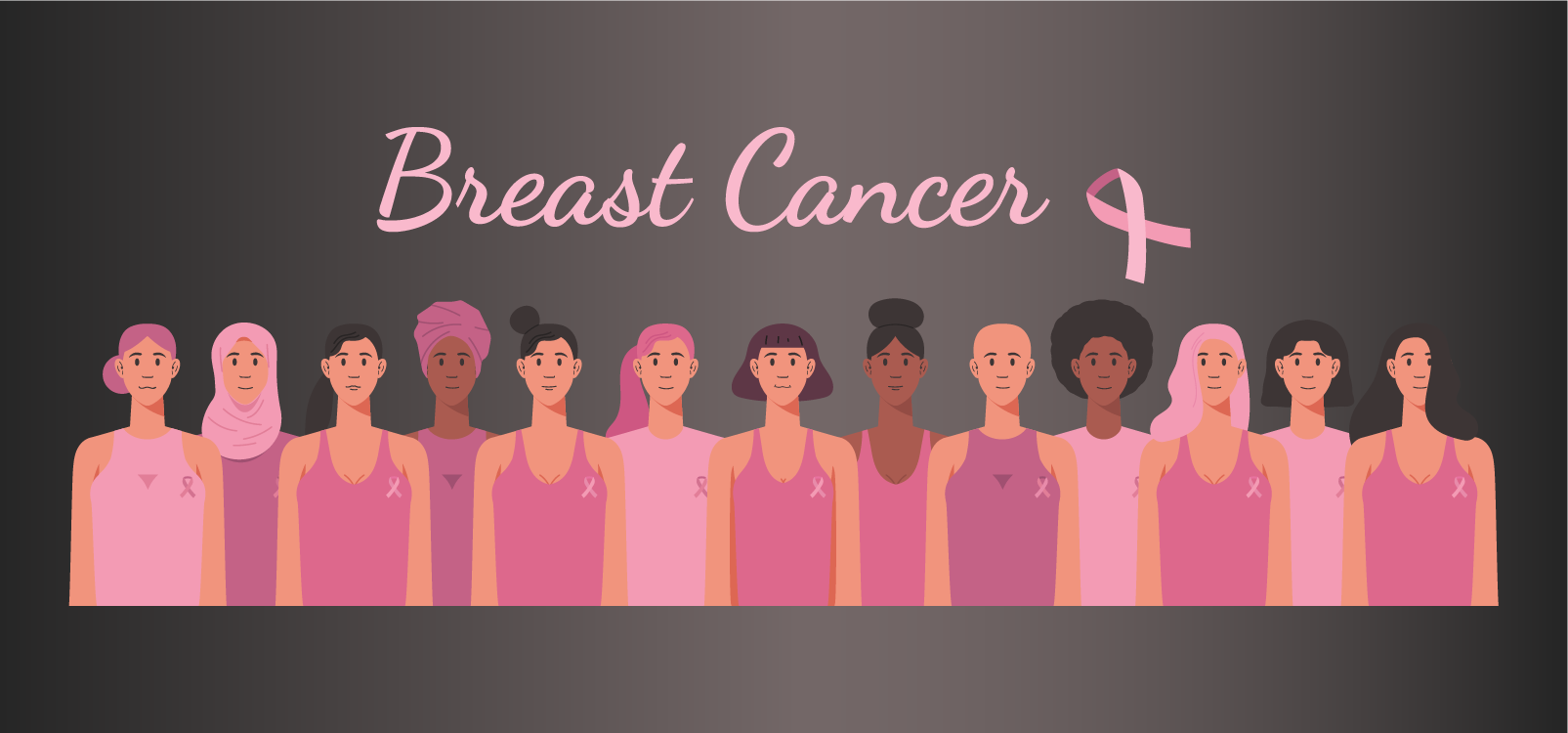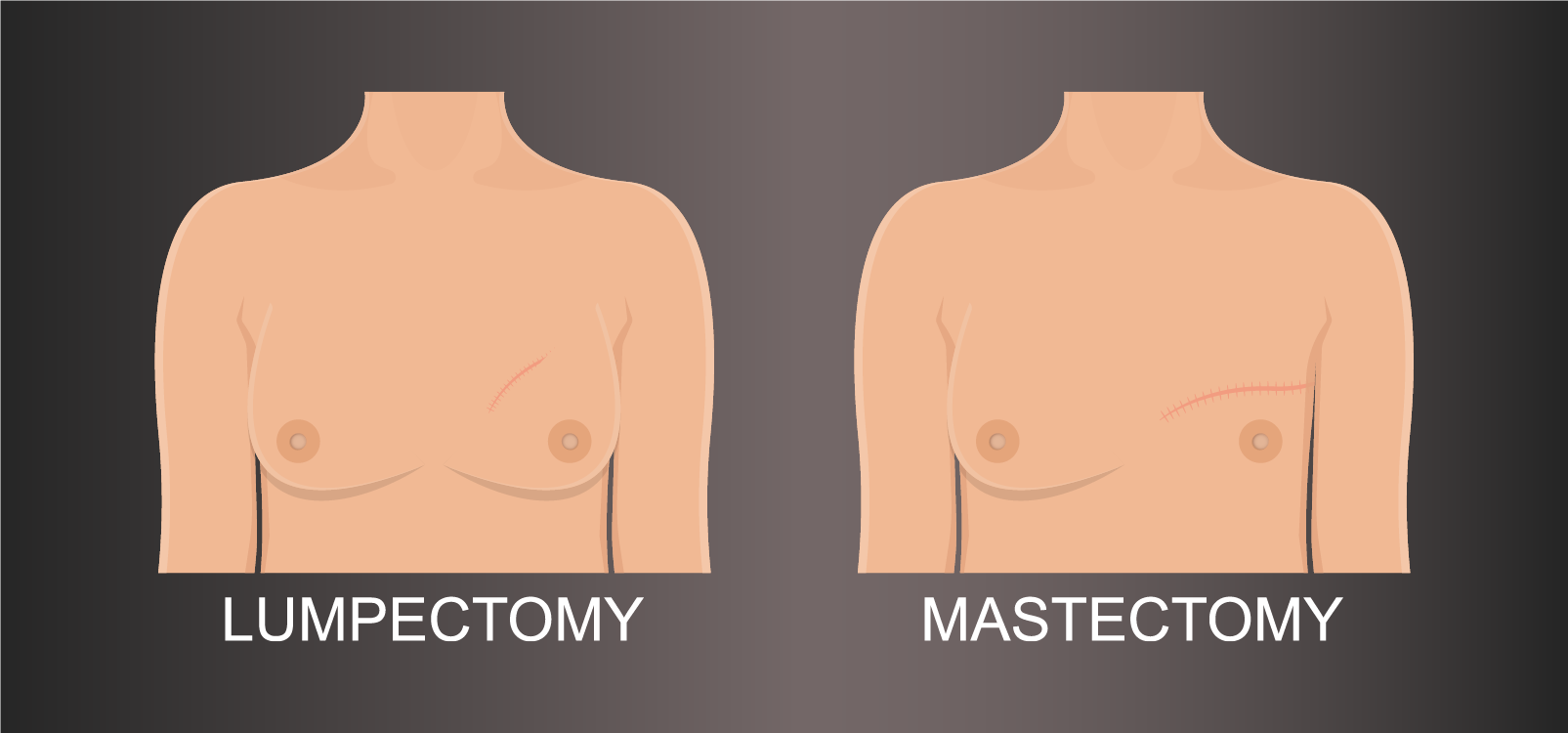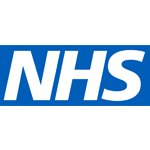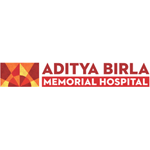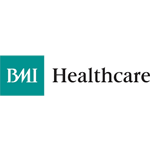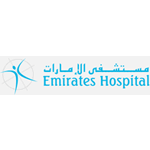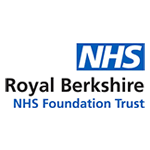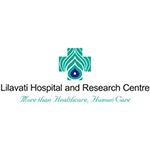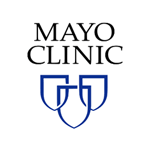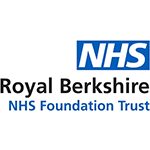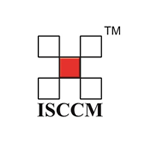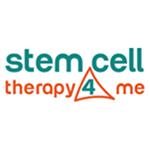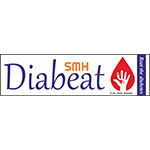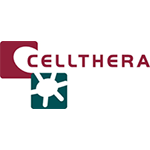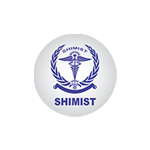-
Skill Levelintermediate
-
Lectures1 Video
-
Enrolled 59 students enrolled
Key concepts covered include:
- Understand the concept that the surgical treatment of breast cancer is a part of the overall approach to treatment.
- Understand the concept of the “oncoplastic approach” to breast surgery treatment.
- Understand the fact that there is no single all-inclusive imaging technology for the breast.
- Understand the roles of adjuvant anti-hormonal therapy, adjuvant breast radiation therapy, and adjuvant chemotherapy in the overall treatment of breast cancer.
What you'll learn
The surgical treatment of breast cancer is simply one aspect of the overall treatment of this disease. Surgery has a key role in what is referred to as “local regional control”. In addition to surgery, the treatment of all invasive breast cancers does require treating the entire body (systemic therapy). The 2 fundamental approaches to surgical treatment are breast conservation versus mastectomy (with or without reconstruction). A basic tenet of breast surgery is an “oncoplastic approach”. read more »»
Who should attend?
- Physicians
- Surgeons
- Nurses
- Lay people
Instructor


Former President of The American Society of Breast Surgeons, Former President of Breast Surgery International.
Nationally and internationally known breast cancer surgeon with 36 years of experience treating breast cancer. Editor of 3 surgery textbooks and over 100 published articles in the literature.
Curriculum

Instructor


Former President of The American Society of Breast Surgeons, Former President of Breast Surgery International.
Nationally and internationally known breast cancer surgeon with 36 years of experience treating breast cancer. Editor of 3 surgery textbooks and over 100 published articles in the literature.
Certificate
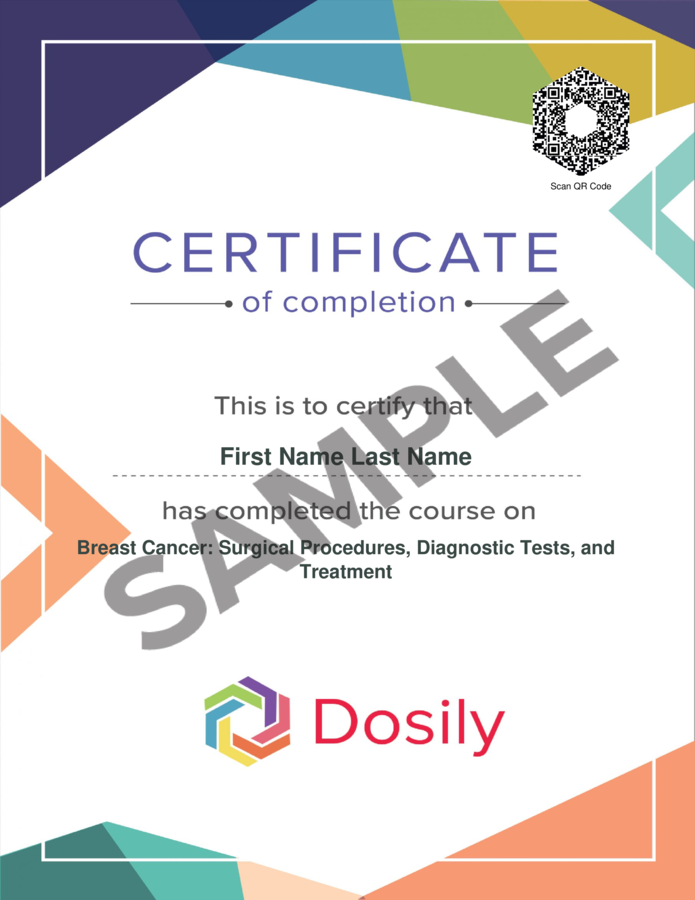
 Last Updated 05/2021
Last Updated 05/2021















 2.3K
2.3K
